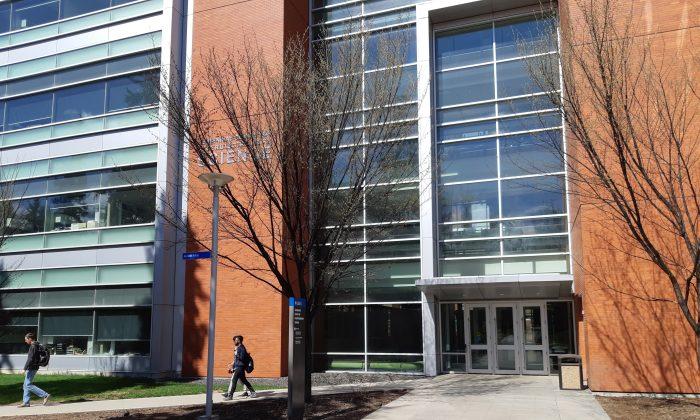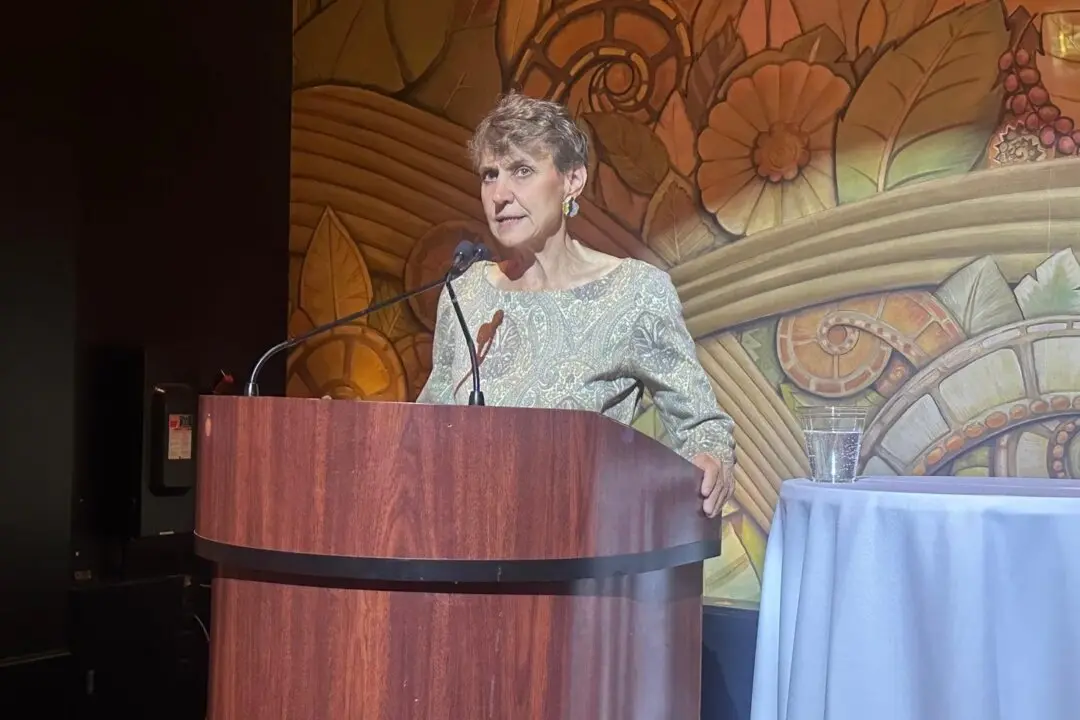Commentary
The University of Alberta’s recent decision to abandon its diversity, equity, and inclusion (DEI) framework in favour of a new model emphasizing “access, community, and belonging” represents a pivotal moment in Canadian higher education. This move, announced by U of A’s president Bill Flanagan, aligns with broader critiques of DEI policies that have emerged across academic, corporate, and governmental sectors in North America.





